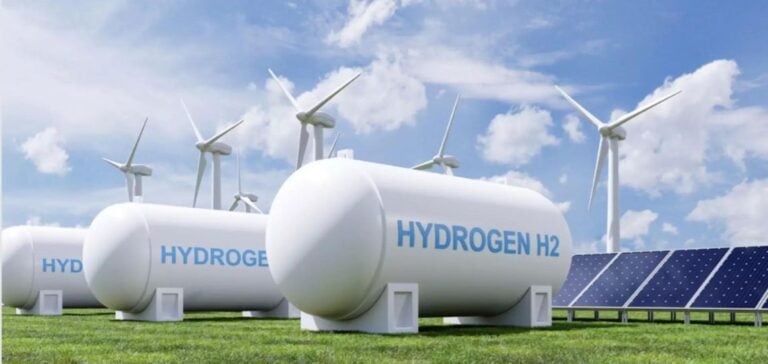The Canadian government announces a $300 million investment to support the development of clean hydrogen trade with Germany.
This commitment aims to facilitate industrial decarbonization in Germany, while strengthening Canada’s energy economy.
A Strategic Hydrogen Partnership
The announcement was made by Jonathan Wilkinson, Minister of Energy and Natural Resources, who stressed the importance of the Canada-Germany Hydrogen Alliance.
This initiative enables Canadian companies to penetrate the German market with clean hydrogen and ammonia, while providing Germany with stable and competitive access to these energy resources.
Germany, a key ally of Canada, shares the goal of building a clean economy.
Trade in clean hydrogen will not only help create sustainable jobs in Canada, but also strengthen Germany’s energy security and reduce greenhouse gas emissions on both sides of the Atlantic.
Economic and Environmental Perspectives
Canada, with its vast natural resources and advanced energy infrastructure, is positioning itself as a supplier of choice for its global partners.
Investment in clean hydrogen is a crucial step towards a prosperous, low-carbon transatlantic economy, creating considerable economic opportunities, particularly on Canada’s Atlantic seaboard.
The collaboration between the two countries is reinforced by similar financial commitments from Germany, underlining the importance of strong international partnerships to achieve global climate goals.
This strategic alliance is also supported by hydrogen-friendly policy initiatives and regulatory frameworks, such as the Memorandum of Understanding signed in March 2021 and the Declaration of Intent of 2022.
Regulatory Framework and Complementary Initiatives
The Canadian Hydrogen Strategy, launched in 2020, set out a framework for achieving carbon neutrality by 2050.
Since then, the government has stepped up its efforts to promote clean hydrogen through various programs and investments, including investment tax credits to stimulate innovation and the adoption of clean fuels.
In addition, Bill C-49 provides for the extension of offshore oil and gas joint management regimes to renewable energies, paving the way for wind energy projects to support the production of clean hydrogen.
These measures are designed to strengthen Canada’s position as a world leader in clean hydrogen.
Investing in the Canada-Germany Hydrogen Alliance is a decisive step towards a greener, more sustainable global economy.
It underscores Canada’s commitment to being a reliable partner in the fight against climate change, while stimulating economic growth and creating jobs across the country.






















